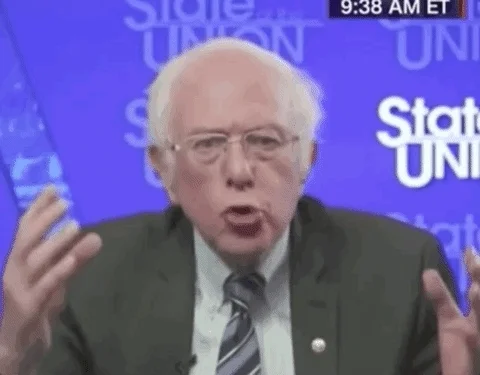
This logo isn't an ad or affiliate link. It's an organization that shares in our mission, and empowered the authors to share their insights in Byte form.
Rumie vets Bytes for compliance with our
Standards.
The organization is responsible for the completeness and reliability of the content.
Learn more
about how Rumie works with partners.
What Interviewers Really Want to Know
Do you have integrity? Can you stand by your convictions, even when faced with disagreement?
Example: In a disagreement about safety standards, someone with integrity would voice their concerns, propose solutions, and be prepared to disagree.
Are you a critical thinker? Can you analyze situations and propose solutions that might differ from the norm?
Example: Faced with a sales slump, a critical thinker might propose a data-driven marketing revamp instead of just more cold calls.
Can you handle pressure? Can you advocate for your ideas while remaining professional and respectful?
Example: When under pressure to meet a deadline, you could advocate for a workable extension whilst prioritising team wellbeing and recognition.
Scenario
 Image courtesy of macrovector via Freepik
Image courtesy of macrovector via Freepik
You're interviewing for a marketing position at a fast-paced tech start-up known for innovation and challenging the norm. During the interview, the interviewer asks, "Can you tell me about a time you had to take an unpopular stance at work"
Which of the following is the interviewer LEAST likely trying to assess with this question?
A. Your ability to think critically and independently.
B. Your comfort level with disagreement and potential conflict.
C. Your willingness to compromise and find common ground.
D. Your tendency to follow instructions and avoid rocking the boat.
Quiz
Which option is correct?
The interviewer isn't assessing your tendency to follow instructions and avoid rocking the boat, but rather your ability to stand firm in your convictions.
Craft Your Response!
Image courtesy of pch.vector via Freepik
Here's a strategy to turn this question into a golden opportunity:
Choose a situation: Pick a scenario where you disagreed with an approach, but your stance ultimately benefited the team or project.
Pro-tip: Opt for an example where your dissent led to a measurable positive impact.
Focus on process: Briefly explain the situation and your reasoning. Highlight how you presented your idea and the discussions you had.
Pro-tip: Clearly articulate your rationale for disagreeing.
Emphasise teamwork: Show you valued collaboration.
Pro-tip: Highlight how you actively sought input from team members and worked together
Outcomes matter: Did your stand lead to a positive outcome? Quantify results if possible (e.g., cost savings, efficiency improvement).
Pro-tip: Clearly state the measurable benefits of your stance.
Sample Responses

Learning from Failure
"During a sales strategy revamp project, my proposed change initially caused a 10% decrease in sales. Recognizing the need to pivot, I collaborated with the team to target a new demographic and use different marketing channels. This led to a 15% increase in sales, demonstrating the value of adaptability and teamwork."

Upholding Values
"In a past role as a team member of the sales department, I opposed compromising quality to meet deadlines. I chose to align with our company's values. Despite resistance from colleagues, I upheld quality standards, thereby earning trust and credibility with clients."
Example of What Not to Say

"I always try to avoid conflicts and disagreements at work. I believe it's essential to go along with the majority to maintain a harmonious work environment. I prefer not to rock the boat and keep things smooth and easy for everyone."
This response doesn't showcase the skills or qualities the interviewer is likely looking for.
Lack of initiative: It suggests you're not someone who takes initiative or challenges the status quo.
Fear of conflict: It implies you prioritize avoiding conflict over speaking up for what you believe in, which could be a red flag for important discussions and problem-solving.
Lack of critical thinking: It suggests you might not be a critical thinker who analyses situations and proposes solutions.
Quiz
Which strategy best turns this question into a golden opportunity?
Describe the context of the situation, show your decision process, highlight the outcomes of your decisions, and explain the lessons you learned.
Take Action

This Byte has been authored by
reggie alex moon
Teacher
MA,BSc(Hons)

 Image courtesy of PNGKey
Image courtesy of PNGKey